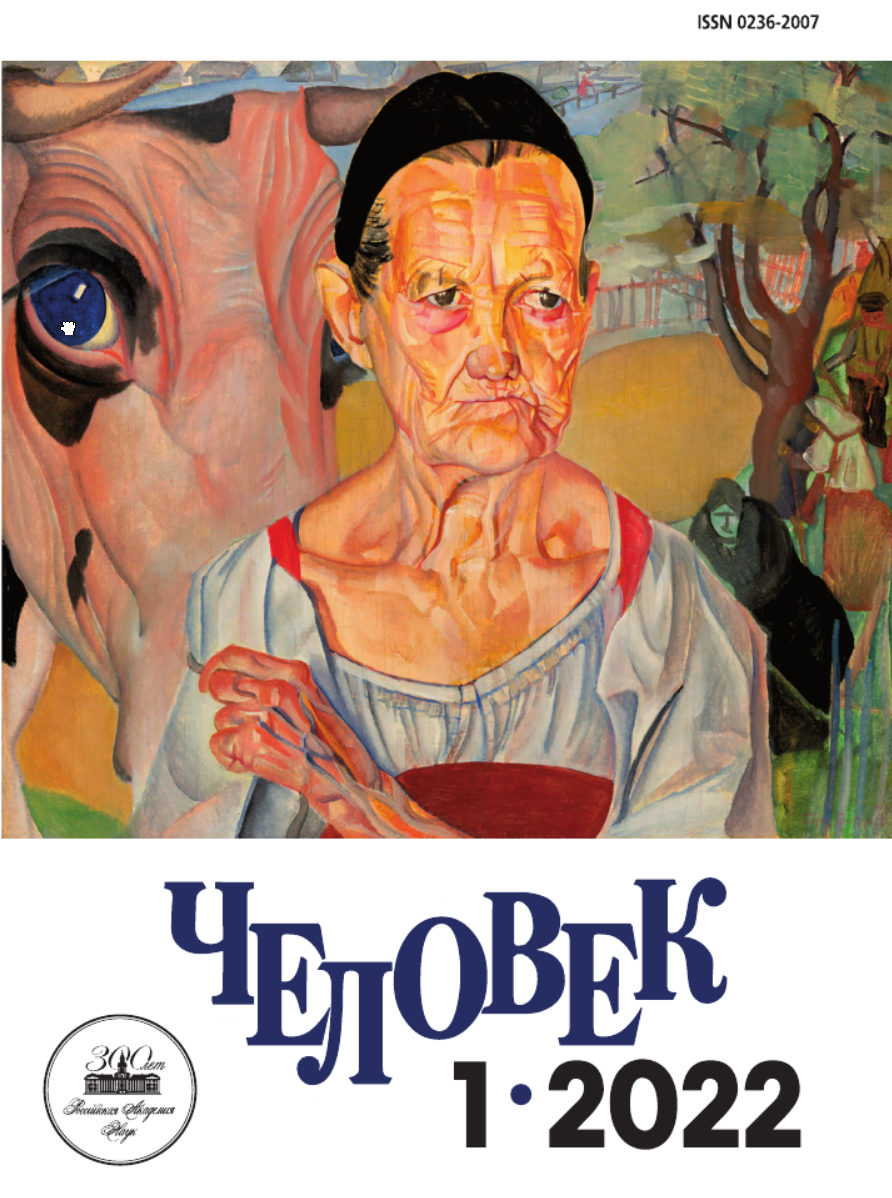Some Approaches to the Theory of Catastrophe in Valery Podoroga’s Philosophy
Keywords:
еvent-catastrophe, american catastrophe, post-catastrophic time, “totalitarian pause”, Auschwitz, GULAG, DubrovnikAbstract
The article studies the analysis by V.А. Podoroga of the phenomenon of the catastrophe and its representation in literature, cinema and mass media. It is focused on the concept of “event-catastrophe” by Podoroga and its characteristics, including spectacularity as a feature of a catastrophe of a certain type, represented in the 9/11 terrorist attack, which, in the context of its analysis by Podoroga, can be defined as an “аmerican catastrophe”. Author argued that in Podoroga's texts on the temporality of totalitarian cultures, this type of catastrophe is opposed to the humanitarian catastrophe that occurred in concentration camps such as Auschwitz or GULAG, which, in contrast to the 9/11 terrorist attack, is so unimaginable and unique that it does not allow it to become a spectacle. The article concludes that, according to Podoroga, only totalitarian catastrophe is assessed as genuine, is a catastrophe in the proper sense of the word: unique and irreversible. Although, according to Podoroga, the circumstances of this catastrophe will always remain unclear and inexplicable, they must be investigated to exclude the possibility of a revival of totalitarianism. Special attention in the article is paid to the attempts of philosophers from Russia and the United States, after the collapse of the USSR, to overcome the cultural gap between the West and the East caused by the “totalitarian pause” and represented as the joint american-soviet catastrophe of the meeting/non-meeting of East and West in the book by S. Buck-Morss Dreamworld and Catastrophe (2002).






